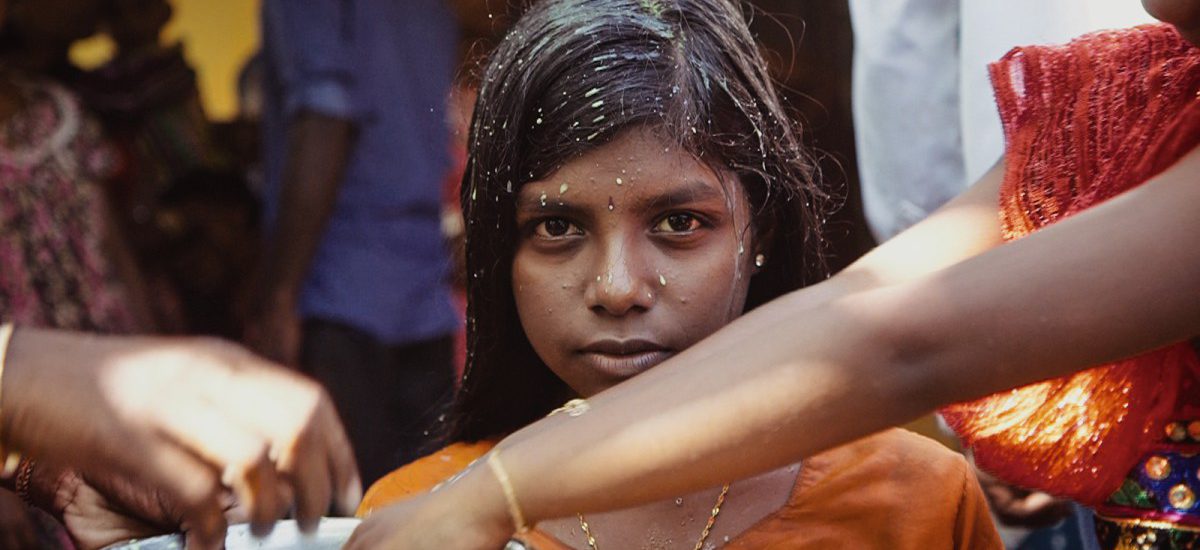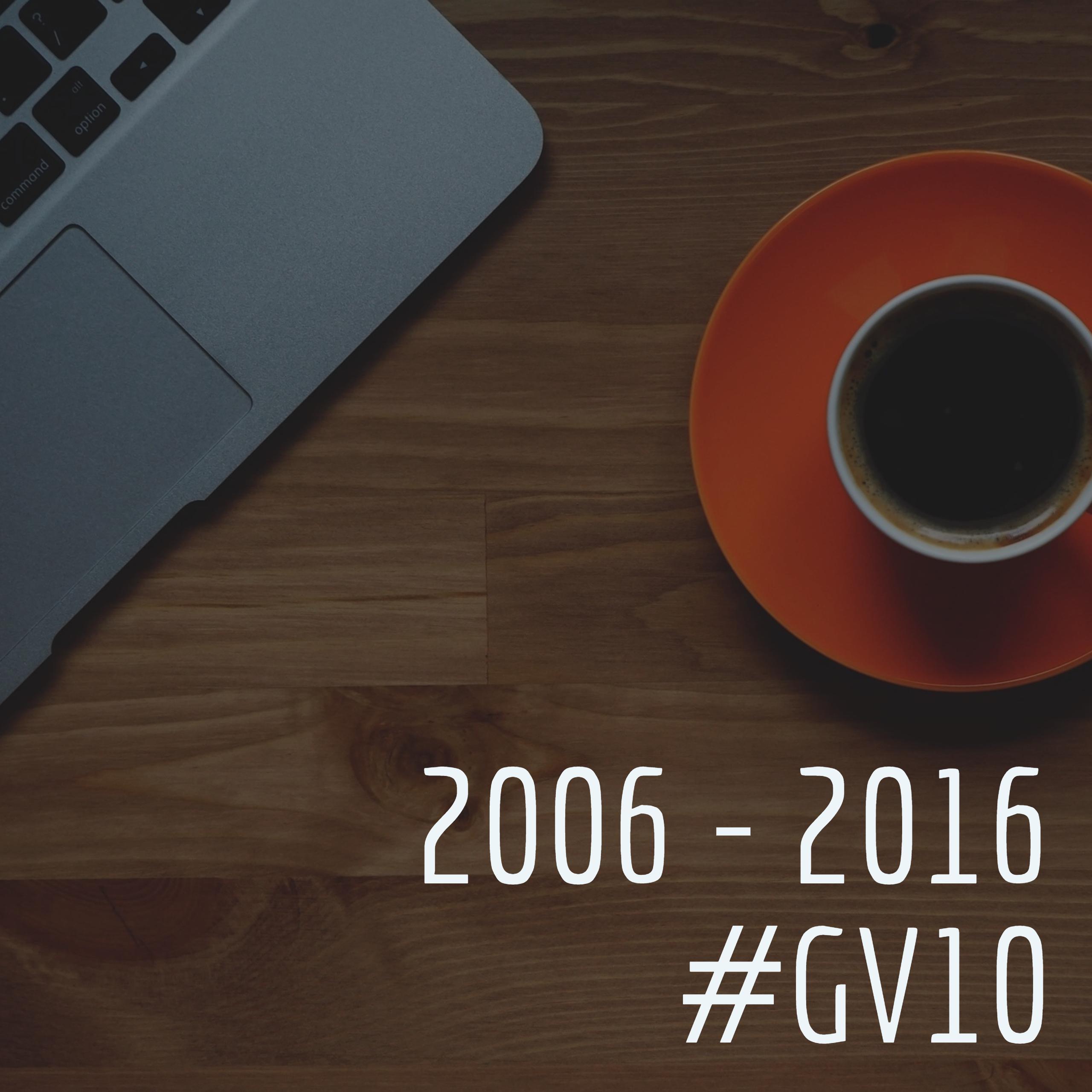Photograph courtesy ‘Sampur’ documentary, featured on TJ Sri Lanka
10th December marks international human rights day. While we should respect, promote and protect human rights regardless of a special day, 10th December ideally should be when we revisit and reflect on our human rights obligations, their relevance and how best to fully realize them. On this day in 1948, the United Nations General Assembly adopted the Universal Declaration of Human Rights (UDHR), providing a common standard and facilitating members of the international community to develop binding human rights guarantees and obligations. While we mark human rights day in Sri Lanka, it is fitting to revisit the UDHR and what it stands for in the present day. The preamble refers to ‘the inherent dignity and of the equal and inalienable rights of all members of the human family is the foundation of freedom, justice and peace in the world’. The UDHR states that ‘…human rights should be protected by the rule of law’ and reaffirms the UN Charter with the ‘faith in fundamental human rights, in the dignity and worth of the human person and in the equal rights of men and women and have determined to promote social progress and better standards of life in larger freedom’. Important points to consider in the midst of the reforms underway and what we as Sri Lankans should aspire to.
An ambitious reform agenda is in the cards. Nearly two years into the Sirisena government, it is an opportunity to reflect on the past and consider prospects for the future. Successive governments in Sri Lanka are accused of subverting international and national obligations. Serious human rights violations and violations of international humanitarian law were evident from all parties in the near three decades war and post war period. This was a dark chapter in Sri Lanka and a reminder to all of us as to why reforms are so critical for non-recurrence. We are presently in the cusp of drafting a new constitution. Commitments have also been made in the consensus resolution adopted in October 2015 at the United Nations Human Rights Council (UNHRC). A transitional justice process is underway, with the likelihood of the establishment of the first permanent office to investigate enforced disappearances and missing persons. Several other mechanisms and legal and policy reforms are promised. In March 2017 Sri Lanka will be discussed by the UNHRC, when the progress of the 2015 resolution will be reviewed. Later in the year, Sri Lanka’s third Universal Periodic Review (UPR) will take place. These and many other processes provides Sri Lankans an opportunity to revisit, reflect and reckon with the past and identify ways forward to protect rights and take action to end impunity.
The last decade, despite its violence and darkness, also witnessed the creation of Groundviews. My colleague Sanjana commenced an important journey in 2006 and since then Groundviews has gone from strength to strength. While we celebrate a decade of great achievements by Groundviews, it is also a reflection on what is before us. We have been promised a range of reforms, from constitutional reforms to transitional justice to economic reforms. This article briefly examines the importance of one area of promised reforms- Transitional Justice- and why it is a critical aspect if reconciliation is to be fully realized in Sri Lanka.
Human Rights & Transitional Justice
Since the political transition in 2015, some successes in terms of human rights have been made. This includes the ratification of the International Convention for the Protection of All Persons from Enforced Disappearance, the introduction of the 19th Amendment to the Constitution that provides for the Right to Information and independent institutions such as the National Human Rights Commission, release of lands in some areas in the North and East and the ability of some people to return home, among others. Despite some progress, the list of areas needing attention is long. Whether the reforms will be delivered and there is demonstrable structural and tangible changes is to be seen.
Transitional justice is a process that provides for social transformation, exercises justice, addresses impunity and offers remedies in the wake of massive violence. It is a process looking at the past and moving forward, examining what has happened in the past, taking action and ensuring non recurrence. Much has been said about transitional justice in Sri Lanka and its impact. One aspect that may not always receive attention is the linkages of transitional justice with the rights discourse. In creating the mandate of the UN Special Rapporteur on the promotion of Truth, Justice, Reparation and Guarantees of Non-recurrence, the UNHRC provides that transitional justice as a strategy is aimed at guaranteeing respect for and protection of human rights in the aftermath of widespread or serious violations. Transitional justice thus provides for the right to truth, right to justice and the right to reparations. It recognizes the critical role of victims and ensures a victim centered approach. This then entails providing answers, access to justice and ending impunity, providing remedies and rebuilding trust. It is also the enforcement of human rights standards such as the due process of law and ultimately the strengthening of the rule of law. All of the above are fundamental to a society that experienced massive abuses in the past and Sri Lanka is no exception. Despite attempts to create misconceptions on what transitional justice is meant for Sri Lanka by some sections of society, one cannot deny the need for a transitional justice process that addresses the grievances and past abuses in Sri Lanka and ensures steps are taken on non-recurrence.
The 2015 resolution contains Sri Lanka’s commitments on transitional justice. They include the establishment of a hybrid court with a special counsel’s office, a truth and reconciliation commission, an Office for Missing Persons (OMP), an Office for Reparations, security sector reforms, land releases, independent investigations and legal reforms, among many others. Since the adoption of the resolution, the legislation on the OMP was enacted speedily in Parliament but despite a few months since its passage, no office is yet established. Officials have publicly stated that it is unlikely any other legislation on transitional justice is to be introduced in 2016, resulting in delays with the establishment of the remaining mechanisms committed in the 2015 resolution. Understandably, constitutional reforms have received much attention and likely to consume the legislature in the coming months. While the prioritization is inevitable, what is disappointing is the absence of genuine commitment by the political leadership, the lack of a strategy on transitional justice and the gaps with communication. More than a year after the adoption of the 2015 resolution, the mixed messages from different actors in government on the implementation of its own commitments, namely the role of the international judges, is an indicator of the lack of coherence among key actors. Moreover, the absence of champions to take the transitional justice process forward is telling. Unlike other processes such as constitutional and economic reforms, transitional justice has evidenced a rather step motherly approach. The lack of a clear strategy has resulted in a siloed approach. Numerous advisers, consultants, committees and working groups have been appointed to advice, design and draft but a question is whether they are privy to all aspects of transitional justice or merely the bits shared with them. For example, are those involved in drafting legislation for a future TRC, court and an entity on reparations aware of what is proposed within the security sector reforms? And most recently, the proposed counter terrorism legislation and amendment to the Criminal Procedure Code are indicators of the tensions within government and the lack of cohesion and coherence. The few developments so far in the transitional justice realm are telling in terms of the inability and possible unwillingness among key actors in government to understand and fully grasp the complexities involved.
The challenges are many. Any post war context is likely to face numerous setbacks. There are likely to be more developments, surprises and challenges in the coming months. That said, there is a window for reforms and it is paramount that citizens who want to see real change keep the pressure. Countries that experienced similar situations such as Argentina, Chile, Guatemala and Sierra Leone went through years of uncertainties and delays but persistence and patience ensured reforms that ultimately addressed the culture of impunity. Sri Lanka has commenced that journey and it is critical to see it through.
Seizing opportunities in 2017
The next few months is likely to see some activity in terms of progress with the commitments made in 2015. The March session at the UNHRC will see the reporting back by the High Commissioner for Human Rights and a review on progress made in Sri Lanka. Victims and civil society in Sri Lanka have called for a follow up resolution where Sri Lanka remain on the agenda of the UNHRC, a necessary step to support the government in fulfilling its commitments. The lack of demonstrable progress in many areas makes a case why Sri Lanka and Sri Lankans require continued support to carry through with reforms. The March session and the subsequent UPR process both provide opportunities for Sri Lanka to receive the support it requires in realizing much needed reforms.
The constitutional reform process is also likely to eclipse other reform processes. It is paramount that Sri Lankans utilize these months to push for reforms that provide for a political solution and a rights framework that addresses the grievances of Sri Lankans. While attention has been largely focused on the inclusion of socio economic rights in a future Bill of Rights, many Sri Lankans have failed to realize the importance of including safeguards to address violence and deal with the past in the Constitution. This includes providing for the right to truth, justice, reparations and non-recurrence. Constitutions in Tunisia, Kenya and Mexico recognize the importance of incorporating substantive transitional justice provisions into their respective rights framework. Recognizing Sri Lanka’s own past and commitments towards reform, recommendations have been made to incorporate specific rights into the Constitution to provide for truth, justice, reparations and non-recurrence. With the constitutional reform process underway, it is paramount and timely to revisit these issues, taking this opportunity to recognize and reckon with the past and introduce guarantees for non-recurrence.
The transition in Sri Lanka is due to many factors, with victims and civil society playing a critical role. Their calls for justice were loud and clear over the last few decades, a persistent reminder of what is at stake and why we cannot slide towards impunity. The last year has witnessed several challenges including frustrations and divisions among colleagues who stood together during some difficult years. The delays in implementation, lack of transparency and inclusivity in the design of mechanisms have all contributed to these sentiments. With 2017 likely to witness some movement on transitional justice, those who have been active in the past must keep the pressure in the implementation of commitments. In this, victims and civil society must continue to play a prominent role in the future, persevering with reforms, and the right to truth, justice and reparations and guarantees of non-recurrence.
The opportunity is now to break from the past. Much rides on the political leadership and it is to be seen whether the promises made are fulfilled or merely added to the long list of empty promises of successive governments. Will 2017 be the year we see a shift that commences a process for the full realization of human rights of all citizens? Will it be the year we witness a break from the past and where reforms are delivered? Civil society and others who played a critical role in bringing the change must stand tall and keep pushing the reform agenda. And all Sri Lankans must seize the opportunity to hold the political leadership to the commitments made and realize a new Sri Lanka.


